How State Street Has Used AI to Find ‘Hidden Gems’ Since 2018
Matt Bartolini, head of SPDR Americas Research at State Street Global Advisors, joined the “What Goes Up” podcast to talk about using AI in portfolio construction.
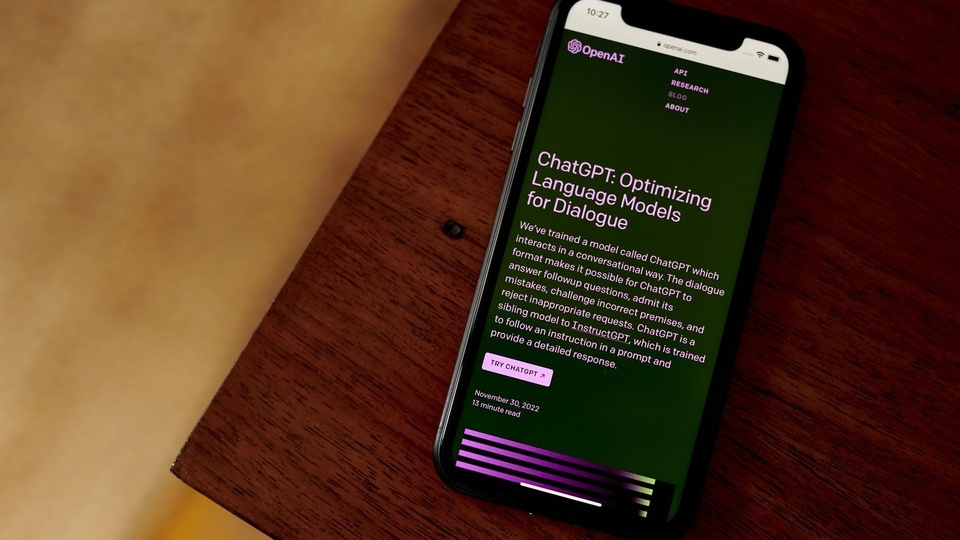
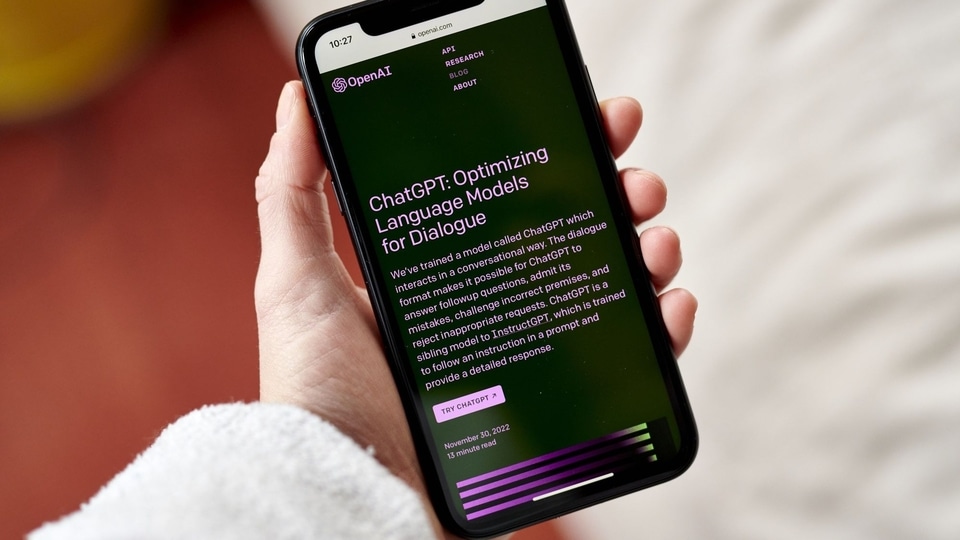
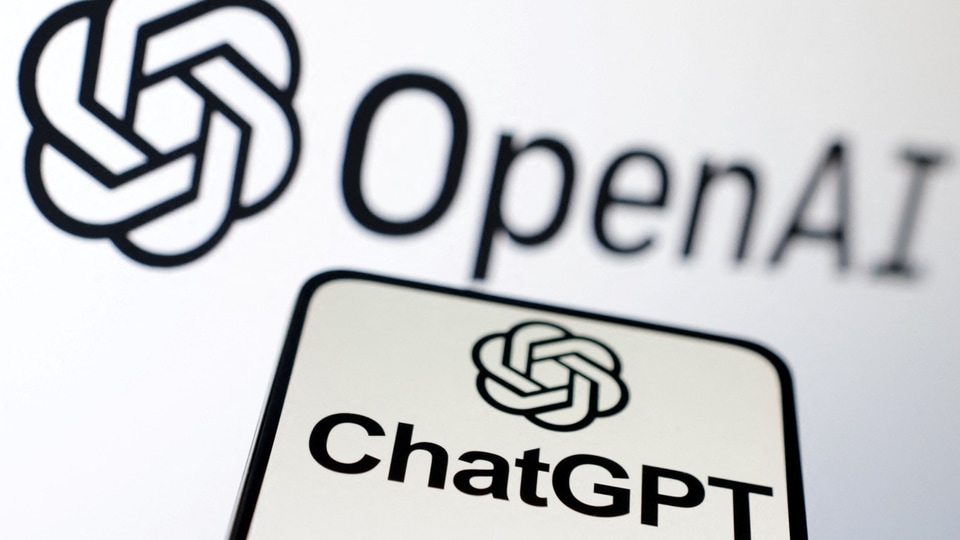
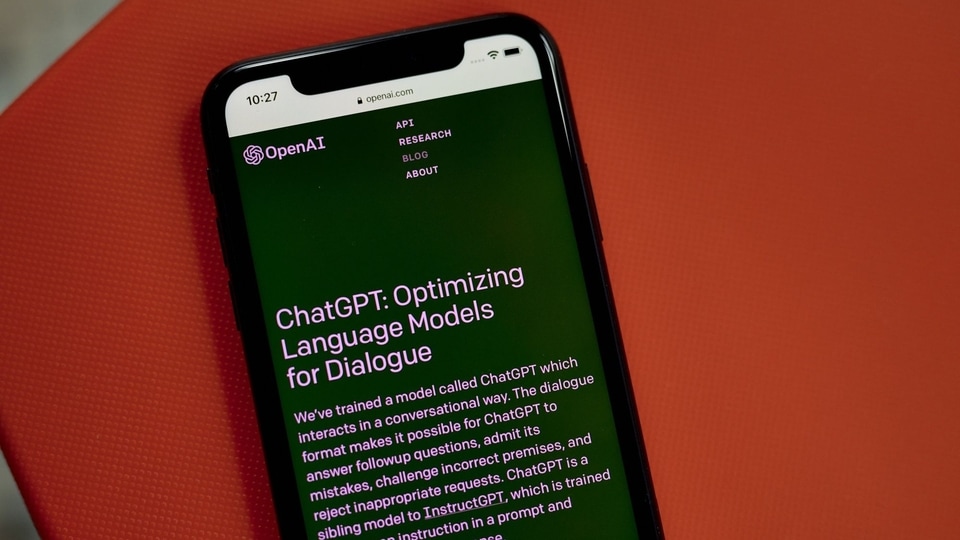
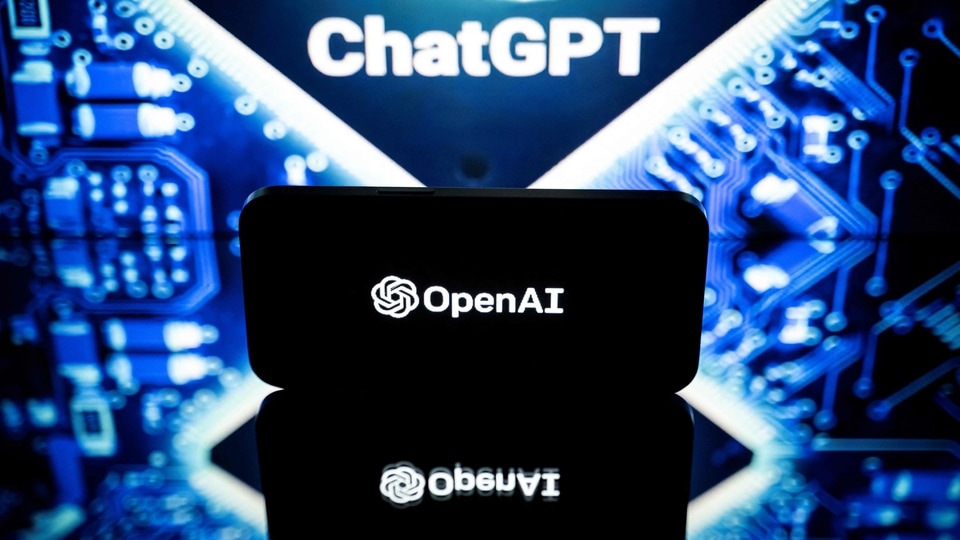
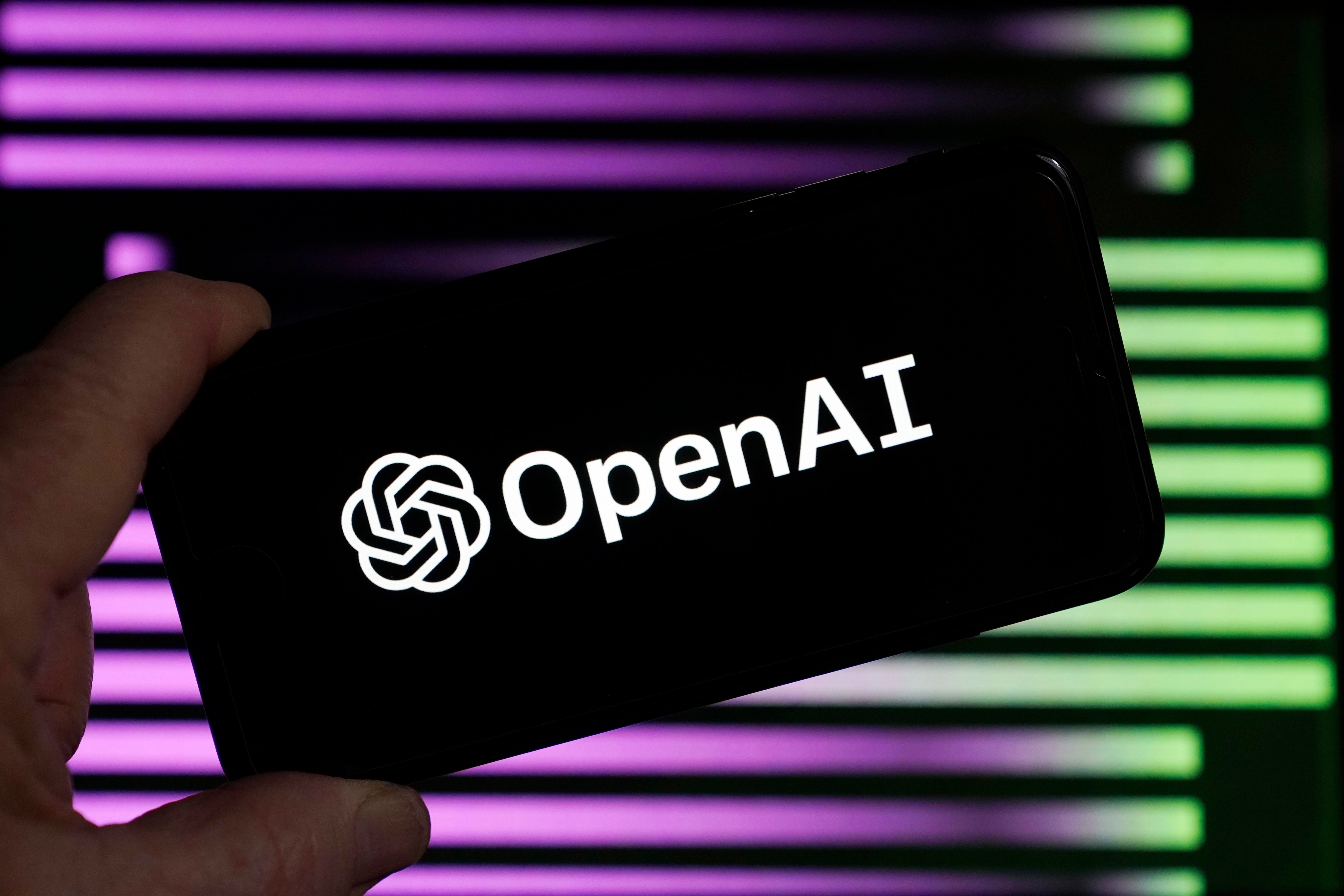
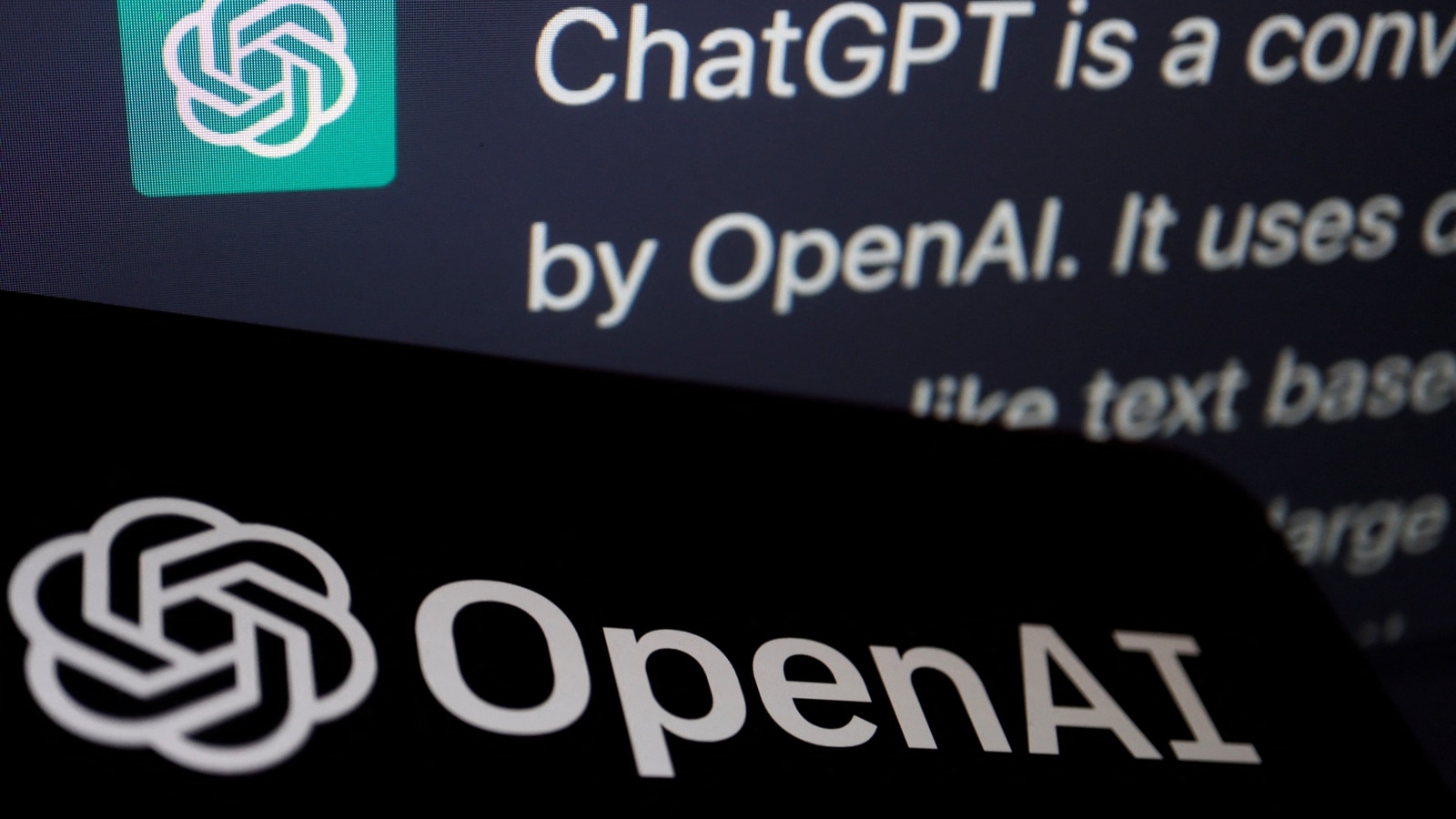
 View all Images
View all ImagesChatGPT has taken the internet by storm, triggering a new wave of speculation surrounding how artificial intelligence can disrupt various industries and markets. Yet AI has already been at work for years on Wall Street, where State Street and other companies have grasped onto the concept to help put together innovative exchange-traded funds.
Matt Bartolini, head of SPDR Americas Research at State Street Global Advisors, joined the “What Goes Up” podcast to talk about using AI in portfolio construction, and where he sees the technology going in the future. His firm's $1.7 billion SPDR S&P Kensho New Economies Composite ETF (ticker: KOMP) is up about 11% so far this year.
Here are some highlights of the conversation, which have been condensed and lightly edited for clarity.
Q: How did you see the launch of ChatGPT?
A: A lot of the AI work that we've done is within portfolio construction and index selection on some of our funds. So we were aware of the ability to use things like natural-language processing, predictive text. But also even just in our daily lives, some of the functions of ChatGPT we've probably just been benefiting from just in very small morsels. The first time I saw it, we were playing around with it — ‘write us a blog post about the benefits of ETFs,' and it got it probably 80% correct in how we would want to structure the argument.
And that's where ChatGPT is, that it kind of gives you about an 80%. I was joking with some of my colleagues who have older kids that ChatGPT would probably be a B-minus student if it only ever turned in its homework because that's the surface level it gets.
Q: Talk to us about the SPDR S&P Kensho New Economies Composite ETF. How exactly does AI help in stock picking?
A: The artificial intelligence behind it is natural-language processing. This is run by the index-provider S&P. It actually started with a firm Kensho — that was a small startup that was incubated out of Goldman Sachs. S&P bought that firm and all of the IP along with it. That's the index provider for the fund. The NLP — or natural-language processing — what it does is it scans through prospectuses and other regulatory filings from companies because you want to start with a strong source.
Regulatory filings have to be quite prescriptive, and if you make falsehoods about that, there are penalties. So it scans through regulatory documents searching for key terms to identify how these firms' material operations correlate back to areas of innovation, whether it's enterprise collaboration, clean energy, advanced transport systems, drones.
It scans through all of these regulatory documents looking for the frequency of a term used, but also the words around it. So if a company is saying that ‘drone technology is incredibly important for the future growth of our business,' that really shows some emphasis toward that type of innovation. So that will be scanned, recorded and classified appropriately into 25 different areas of innovation. And then from there, stocks are weighted in more of a modified, equal-weighted structure where core firms to a specific innovation are overweighted to non-core firms. So basically the way we describe it is that the AI process selects the stocks, and then there's a quantitative-weighting methodology to weight the stocks.
But the reason why we went down this path of using AI is that we wanted something forward-looking, something dynamic, because back in 2018, we understood that in the ETF world, there weren't a lot of strategies that were this forward-looking, innovative-type paradigm. A lot of it was based on revenue and revenue is what has already been realized. That is a backward-looking approach. We wanted something that was more dynamic and a forward-looking approach, and the AI process was able to deliver that for us.
Q: So there are roughly 560 holdings in the fund, and when you're looking for innovative startup-type of companies, a lot of times that means really small, even maybe micro-cap companies that you have to dig through, which are not typically very heavily followed by the Wall Street-analyst class. You say about 48% of the holdings have fewer than 10 analysts covering the stock. Is that a benefit for this type of strategy that it helps you find these hidden gems that are maybe being completely overlooked by the masses out there?
A: AI, at its heart, is to help increase efficiencies and productivity. And what this does is it allows us to cover the uncovered. So if you're using analyst recommendations, analysts can only cover so many stocks within a given day. And there can be some firms that are quite innovative, that are performing and producing some really interesting things within our economy — whether it's things within advanced health care like wearables that aren't really covered by Wall Street analysts because they might be smaller-capitalization securities.
We know this even from traditional finance that the majority of analyst recommendations are in that large-cap space. And then small caps and mid caps do not get as much notoriety or coverage. AI basically is one way to solve that problem, to give you a deeper breadth of opportunities and really broaden your scope of companies that may be considered innovative.
Catch all the Latest Tech News, Mobile News, Laptop News, Gaming news, Wearables News , How To News, also keep up with us on Whatsapp channel,Twitter, Facebook, Google News, and Instagram. For our latest videos, subscribe to our YouTube channel.






























